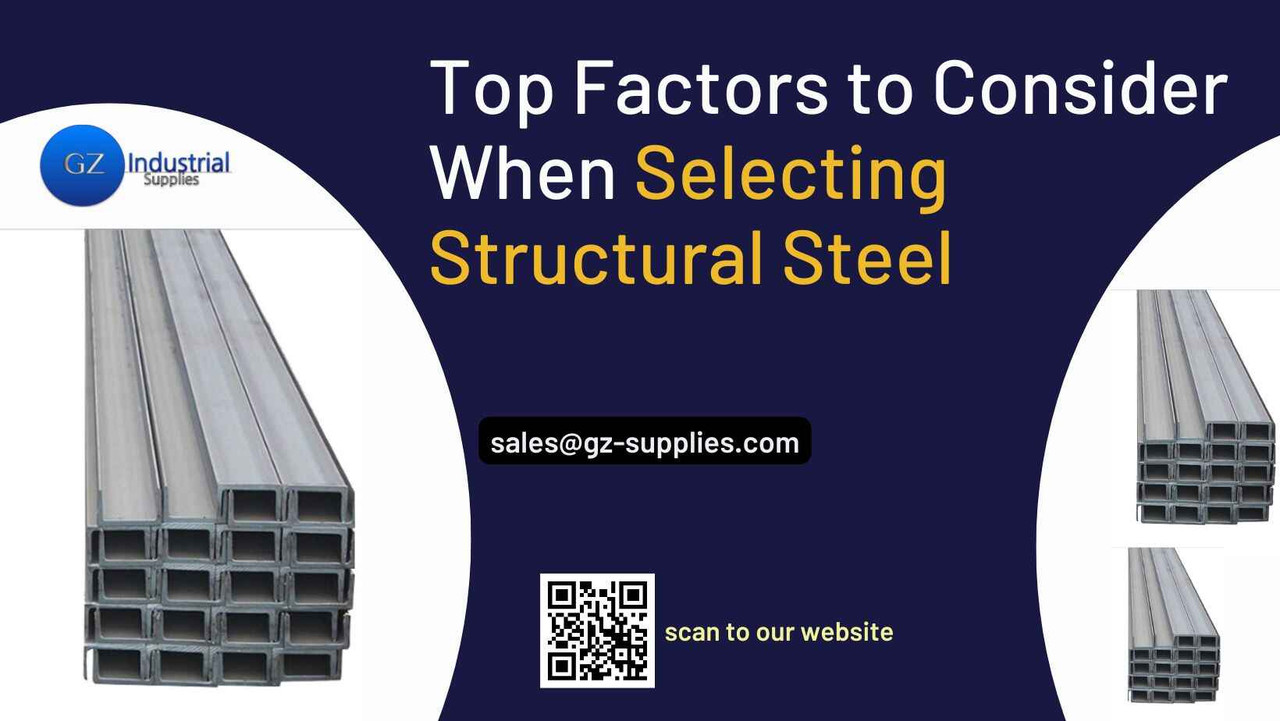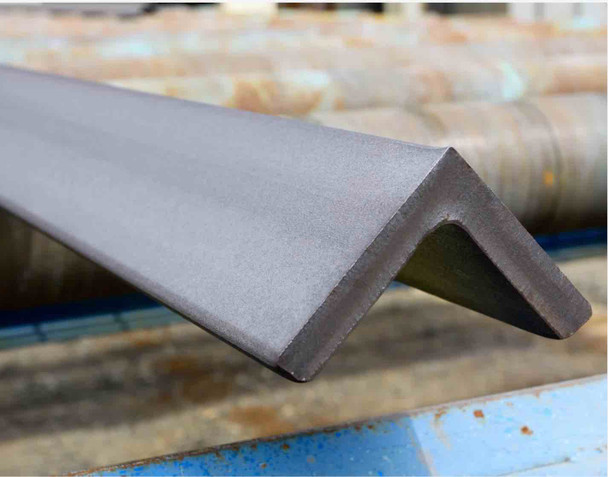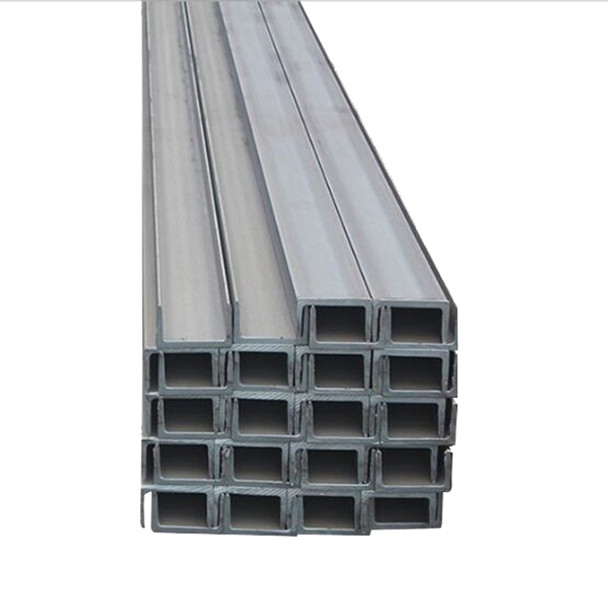Top Factors to Consider When Selecting Structural Steel
Key Takeaway
- Strength and Load Capacity: Choose structural steel with the right tensile strength to support the required load in your construction project.
- Durability and Corrosion Resistance: Opt for steel that is resistant to corrosion and can withstand environmental factors like moisture, heat, and chemicals, especially in harsh conditions.
- Grade of Steel: Consider the specific grade of steel (such as ASTM A36 or S355) based on the application and the building codes governing your project.
Introduction
Structural steel plays a pivotal role in the construction industry, providing the essential framework for buildings, bridges, and various infrastructures. Its strength, durability, and versatility make it a preferred choice for engineers and architects alike. However, When selecting structural steel for any construction project, several key factors must be considered to ensure safety, durability, and cost-effectiveness.
Strength and load capacity are crucial, as the steel must be able to support the intended weight and forces without compromising structural integrity. Durability and corrosion resistance are also essential, especially in environments exposed to moisture or harsh weather conditions; steel with high corrosion resistance ensures long-lasting performance. The grade of steel plays a significant role, with options like ASTM A36 or S355 depending on the project’s specific needs and local building codes.
Additionally, the fabrication and weldability of the steel should be considered, as easily shaped and welded materials allow for more efficient construction. Lastly, cost and availability should be weighed, balancing upfront expenses with the long-term benefits of quality steel, ensuring reliable sourcing to meet project timelines without delays.
This article aims to guide you through the critical aspects to consider, ensuring that your choice meets both project specifications and long-term performance goals.
Structural Steel H-Beam Size 300x300 80Kg Hellog
Understanding Structural Steel
Structural steel is a category of steel used for making construction materials in a variety of shapes. It is known for its high strength-to-weight ratio, making it ideal for supporting heavy loads while being lightweight. Common types of structural steel include I-beams, angles, and plates, each serving unique purposes depending on design requirements.
The quality of structural steel is paramount, as it directly affects the safety and durability of the construction. Understanding the material’s properties—such as yield strength, tensile strength, and ductility—can help ensure the structural integrity of your project.
1. Load-Bearing Capacity
Load-bearing capacity refers to the maximum load that structural steel can support without failure. This is a crucial factor when selecting steel, as it determines the overall strength and stability of the structure. Various factors influence the load capacity of structural steel, including the steel grade, shape, and dimensions of the steel members.
Consulting relevant engineering standards and building codes is essential in determining the load requirements for your project. Engaging with structural engineers during this phase can provide insights into optimizing the design while ensuring compliance with safety regulations.
2. Steel Grades and Standards
Structural steel is categorized into various grades, each defined by specific properties that influence its performance in construction. Common grades include ASTM A36, known for its good weldability and machinability, and ASTM A992, which is widely used for its higher strength and better weldability in building structures.
It’s also important to consider the standards and certifications that the steel must meet, such as those set by the International Organization for Standardization (ISO) and the American Institute of Steel Construction (AISC). Choosing the appropriate grade based on the project's requirements and compliance with industry standards is vital for ensuring safety and performance.
3. Corrosion Resistance
Corrosion is a significant concern for structural steel, particularly in environments exposed to moisture, chemicals, or extreme temperatures. The selection of steel with adequate corrosion resistance can prolong the lifespan of your structure and reduce maintenance costs over time.
Common methods for protecting structural steel against corrosion include galvanization, which involves coating steel with a layer of zinc, and applying protective paint systems. Understanding the environmental conditions where the steel will be used can help in choosing the right protection methods and ensuring long-term durability.
Laser cut metal sheets
4. Cost Considerations
Cost is a vital factor when selecting structural steel, encompassing not just the price of the material itself but also additional expenses related to fabrication and installation. While it may be tempting to choose the cheapest option, it’s crucial to consider the overall value, including long-term performance and maintenance costs.
When assessing cost, obtain quotes from multiple suppliers and compare not only the material prices but also the costs associated with delivery and fabrication. It’s also beneficial to consider the long-term implications of your choice, such as the steel's durability and potential for maintenance. Higher-quality steel may incur a higher upfront cost but can result in significant savings in the long run due to reduced maintenance and replacement needs.
5. Fabrication and Availability
The availability of structural steel is a significant consideration that can affect project timelines. Locally sourced steel can lead to shorter lead times and reduced shipping costs. It’s also essential to evaluate the fabrication capabilities of your steel supplier.
Some projects may require custom sizes and shapes, so ensure that the supplier has the necessary resources and expertise for fabrication. Understanding the lead times for standard versus custom fabrication can help you plan your project schedule effectively.
6. Design Flexibility
One of the key advantages of using structural steel is its design flexibility. Steel can be molded into various shapes and sizes, allowing architects and engineers to create innovative designs that meet specific structural requirements.
Moreover, structural steel can support large spans, reducing the need for additional columns and enabling open interior spaces. Collaboration with architects and engineers during the design phase can help identify opportunities to maximize the benefits of structural steel while maintaining the aesthetic and functional goals of the project.
Angles irons of different sizes
7. Sustainability and Environmental Impact
In today’s construction landscape, sustainability is a growing concern. The production of structural steel can have a significant environmental impact, but advancements in technology have led to more sustainable practices in steel manufacturing.
Recyclability is one of the primary benefits of using structural steel; it can be reused and repurposed without losing its material properties. When selecting steel, consider sourcing from suppliers that prioritize environmentally friendly practices and certifications, which can contribute positively to your project's sustainability goals.
8. Aesthetic Considerations
Aesthetics play an essential role in architectural design, and structural steel can enhance the visual appeal of a building. Its sleek lines and modern finishes can be a focal point in contemporary designs. Options for finishes, such as powder coating or weathering steel, allow for customization to match the overall design scheme.
When selecting structural steel, consider how its appearance will integrate with other materials used in the project. Balancing functionality with aesthetic considerations is key, as the right choice can elevate the entire structure while meeting practical requirements.
9. Compliance with Building Codes and Regulations
Adherence to building codes and regulations is critical in the selection of structural steel. Local and national codes ensure that the materials used meet safety and performance standards, thereby protecting the integrity of the structure.
Working closely with structural engineers and architects is essential to ensure that your selection complies with all necessary regulations. Be aware of inspection processes, as building inspectors play a vital role in verifying that the chosen materials meet the required standards.
Structural channel steel 80x40 UPN(L) x6mm
Frequently Asked Questions
1. What is the most common type of structural steel used in construction?
The most common type of structural steel used in construction includes I-beams, angles, and plates. Each type serves different structural purposes.
2. How can I determine the load-bearing capacity of structural steel?
The load-bearing capacity is determined by factors such as steel grade, shape, and dimensions. Consulting with a structural engineer and adhering to building codes will provide the necessary information.
3. What are the benefits of using galvanized steel?
Galvanized steel offers excellent corrosion resistance, which enhances durability and reduces maintenance costs, making it ideal for environments exposed to moisture.
4. Can structural steel be recycled?
Yes, structural steel is highly recyclable, and using recycled steel can contribute to sustainability goals while reducing the environmental impact of construction.
5. What should I consider when choosing a steel supplier?
When selecting a steel supplier, consider their product range, fabrication capabilities, lead times, adherence to industry standards, and environmental practices.
Readers Also Watched...
Other Related Articles
How to Choose the Right Structural Steel Material for Your Project
Steel vs. Concrete: Which Material Reigns Supreme for Construction in Nigeria?
Conclusion
Choosing the right structural steel is a multifaceted decision that involves careful consideration of various factors, including load-bearing capacity, steel grades, corrosion resistance, cost, and design flexibility. By thoroughly assessing these factors, you can make an informed decision that not only meets the immediate needs of your project but also ensures long-term performance and safety.
Investing time and resources into the selection process will pay off in terms of durability, maintenance, and overall success of your construction project.
If you’re looking for high-quality structural steel for your next project, consider GZ Industrial Supplies. They offer a wide range of structural steel products tailored to meet your specific needs. Visit their website at GZ Industrial Supplies to explore their offerings and get in touch for personalized assistance.













